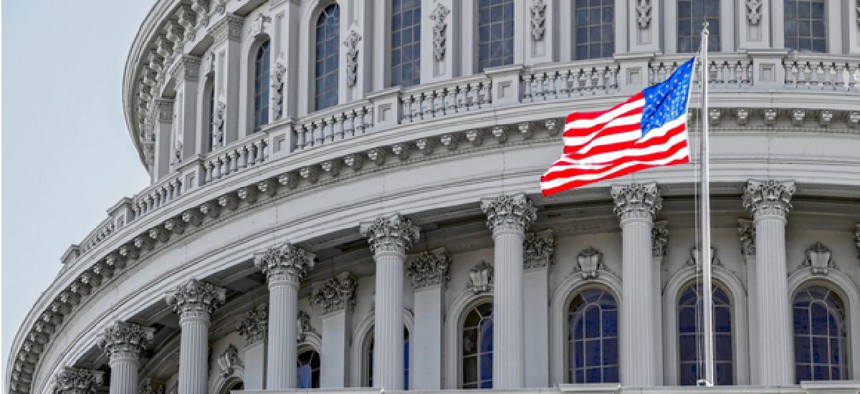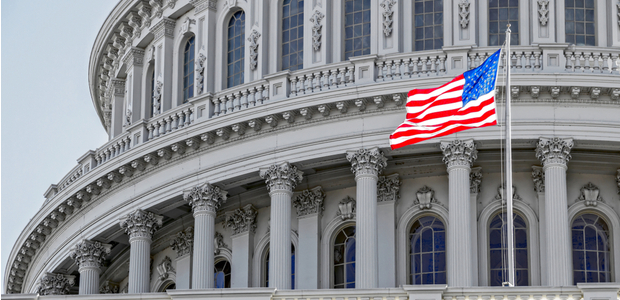House Dems mull response Trump's order to remake the civil service

The presidential election is one obvious check on the recent executive order to reclassify many federal civil servants as at-will employees, but congressional Democrats are looking at other ways to block the new policy.

Democratic lawmakers, unions, federal employee associations and others expressed dismay and alarm about the Oct. 21 executive order from President Donald Trump proposing to do away with civil service protections for a large chunk of the federal workforce.
The order establishes a new classification called "Schedule F" to encompass federal employees who play key roles in determining government policy, have staffing roles in agency executive directorates or otherwise help steer their agencies.
While a Trump loss in the presidential election is one obvious check on the policy, some House Democrats are looking at legislative responses to block the reclassification.
"Our hope is that with a Biden administration we could roll this back, as well as other Trump administration attacks on the civil service," one Democratic staffer told FCW. "Looking at the December funding deadline and language prohibiting this change would also be an option. Senior congressional leadership is very focused on this and what it could mean for the civil service."
Rep. Carolyn Maloney (D-N.Y.), who chairs the House Committee on Oversight and Reform, condemned the executive order, saying it would "overturn a 150-year-old precedent that created an expert non-partisan civil service and return us to the 'spoils system' of political governance." She added: "Congress must ensure President Trump isn’t allowed to politicize these critical policy positions."
Congress has two big tasks left this year: passing a funding bill by Dec. 11 to prevent a government shutdown and passing the National Defense Authorization Act by the end of the calendar year.
Rep. Adam Smith (D-Wash.), the chairman of the House Armed Services Committee, put out a statement condemning the order, but didn't suggest using the must-pass defense bill as a vehicle for blocking its effect.
"I look forward to working with my congressional colleagues to rebuff the Trump Administration's actions against our federal workforce," Smith said. "Our federal government relies on these highly-capable career civil servants -- their competence must not be undermined in the name of loyalty to Trump."
Earlier this week, before the workforce executive order was released, Smith told reporters that conference committee finalizing the NDAA was on track to finish by early December.
The committee press office didn't return a request for comment on whether a policy rider cancelling the order in the NDAA was on the table. Last year lawmakers used the NDAA to block the proposed merger of the Office of Personnel Management into the General Services Administration.
Mike Hettinger, a former senior Hill staffer who lobbies on technology and acquisition issues, said that he thought the NDAA was an unlikely vehicle to register opposition to the order.
"There are enough issues that they're trying to resolve with the NDAA" without introducing the civil service executive order, Hettinger said. "It's more likely that you'd see them attempt to deal with it in the context of another continuing resolution."
Jeff Neal, a former federal human resources executive who blogs about workforce issues, called the order, "the most direct assault on the career civil service since the passage of the Pendleton Act in 1883," and suggested the number of jobs eligible for reclassification could be in the tens or even hundreds of thousands.
Neal told FCW that the schedule laid out in the executive order, which gives agencies until Jan. 19 to list jobs that fit the Schedule F classification, "makes large scale implementation highly unlikely."
If Trump wins re-election, Hettinger said, he would expect a more concerted effort on the part of Democrats, particularly in the National Capitol Region, to take steps to block the order legislatively, most likely in a funding bill.



